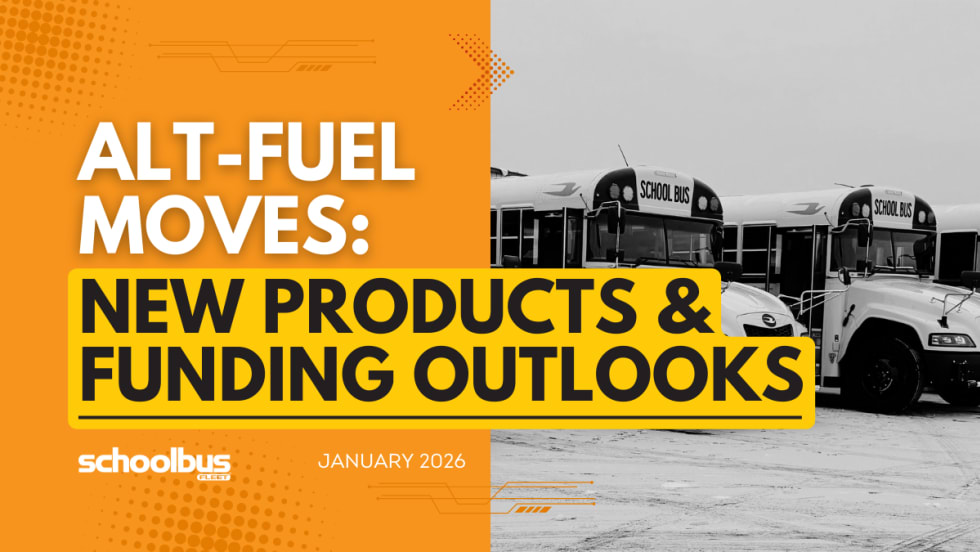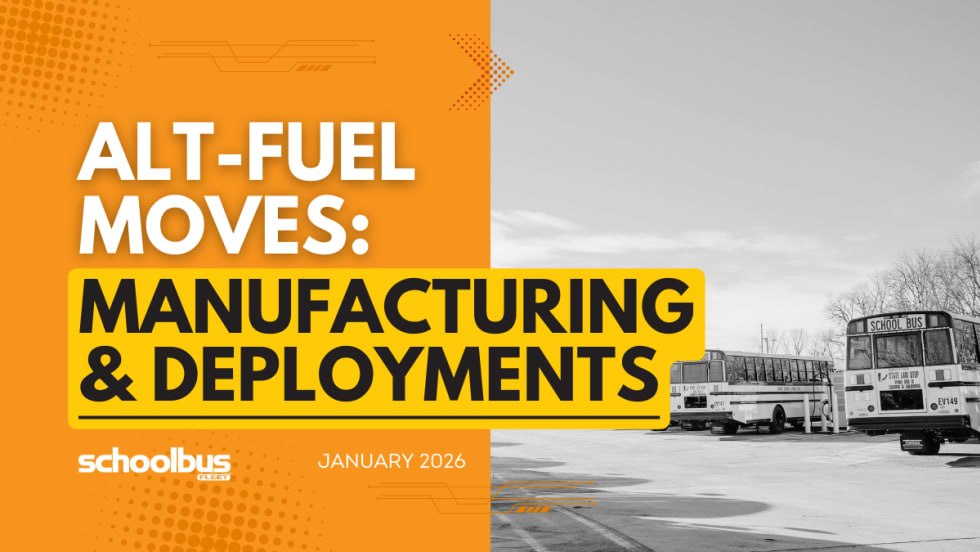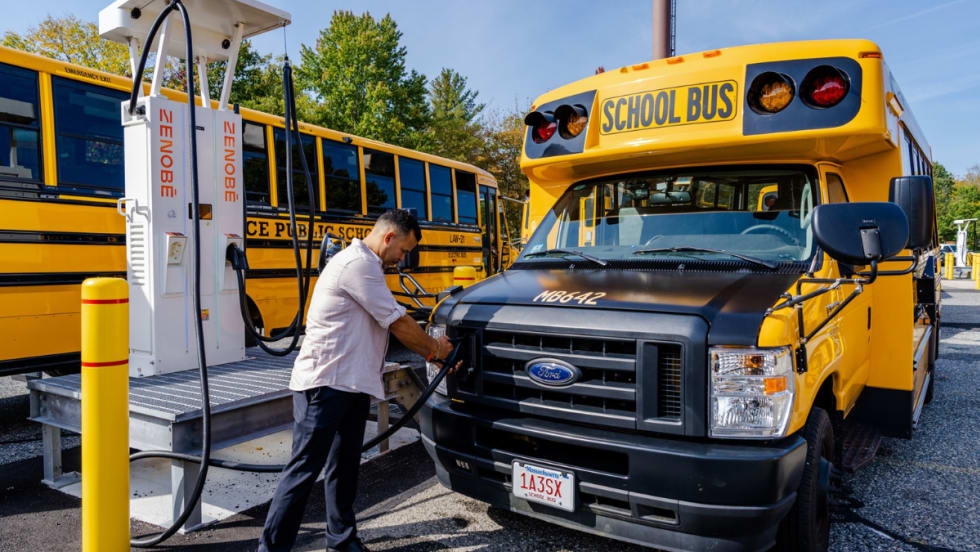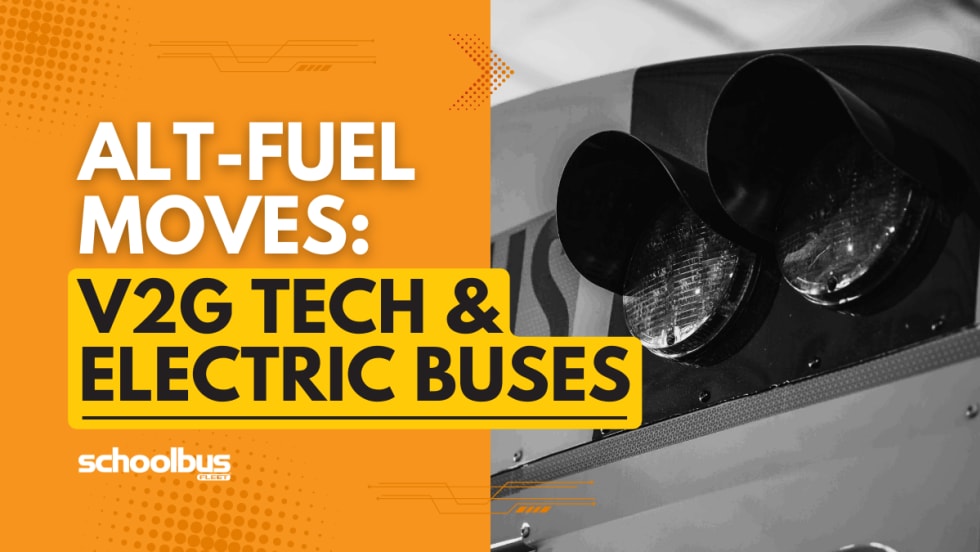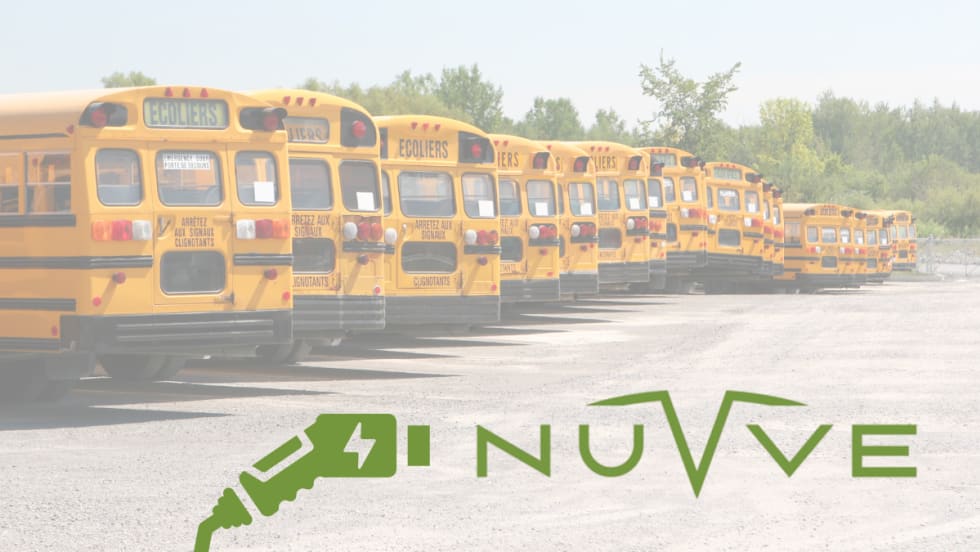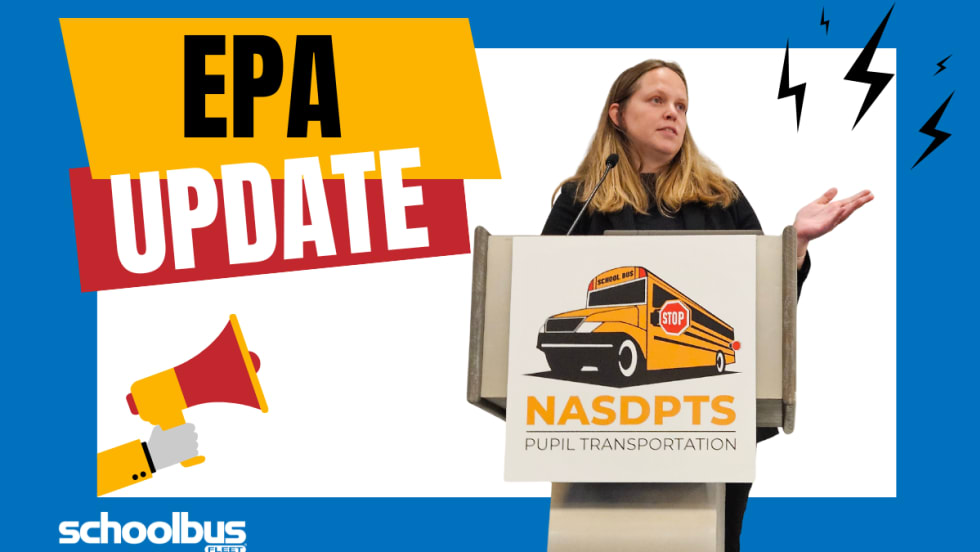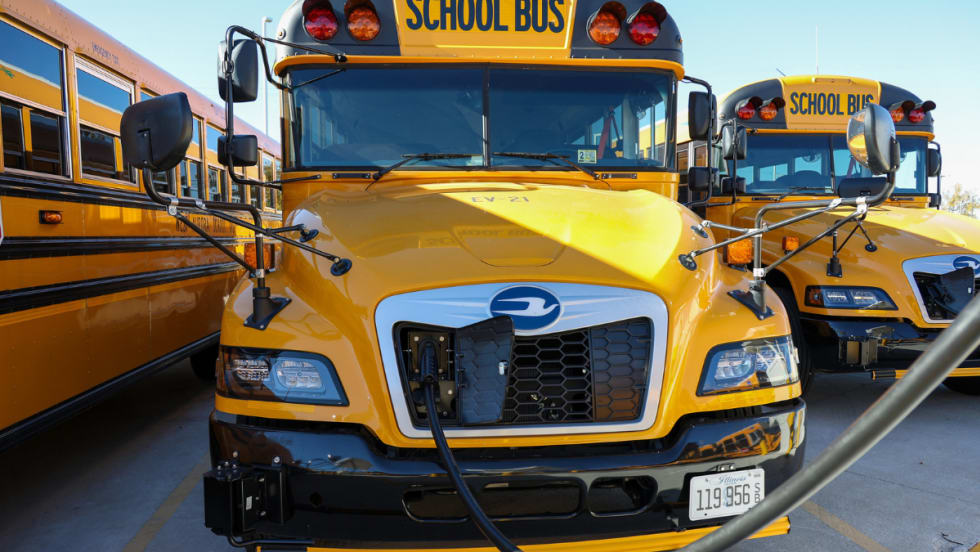More than 20,000 propane buses were in operation for the first time at schools nationwide at the start of the school year in 2020, according to new research from the Propane Education and Research Council (PERC).
This is a 10% increase from 2019 vehicle numbers, and it is also the first full school year with propane buses in use by more than 1,000 school districts or contractors, according to a news release from PERC. In addition, School Bus Fleet reported in 2018 that more than 15,000 propane school buses were on the road across the U.S.
“It’s encouraging to know that more than 1,000 districts from coast to coast are realizing just how clean, quiet, and affordable their fleet can be with propane autogas,” said Steve Whaley, director of autogas business development at PERC. “Propane’s benefits impact everyone: districts save money thanks to its lowest total cost of ownership, students have a cleaner and quieter ride to school, and the community reaps the benefits of propane’s low emissions. It’s no surprise districts are converting their entire fleets to propane autogas.”
The new data, compiled by PERC from IHS Polk new vehicle registration figures, shows propane school buses are being implemented on a national scale. Since 2012, there has been a 960% growth in the number of propane school buses on the road in the U.S. The buses transport more than 1.23 million students in 48 states, and 14 states now have more than 500 propane buses within their borders.
Propane school buses are also succeeding with repeat purchases, according to the data. Sixty-three percent of school districts with Type C propane school buses adopt additional propane buses, outperforming other alternative fuels, including compressed natural gas (CNG) and gasoline.




